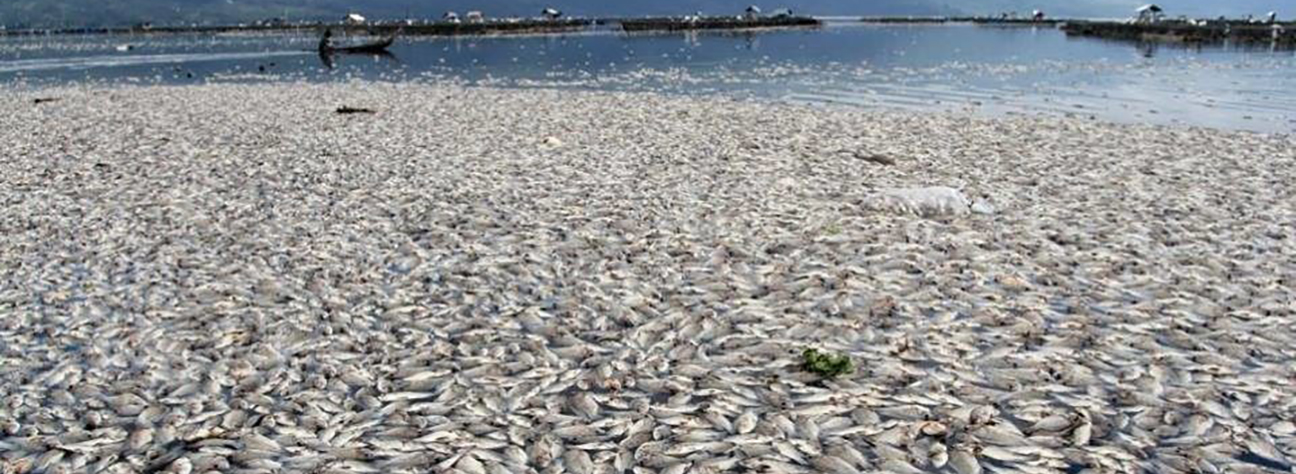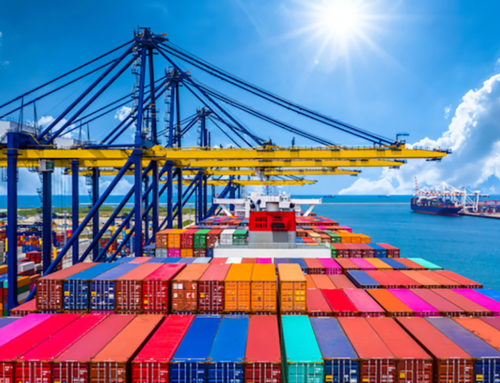As President Joe Biden prepared for his historic visit to Hanoi, Vietnam, a shadow of environmental devastation loomed large over the Southeast Asian nation. The Formosa Ha Tinh Steel plant disaster of 2016, which saw the release of toxic chemicals into the sea, has left a lasting scar on the lives of millions of Vietnamese residents. While the Formosa Plastics Group, which owned the plant, paid $500 million in compensation to the Vietnamese government, the victims themselves are still waiting for their due restitution.
In a fateful turn of events in 2016, the Formosa Ha Tinh Steel plant unleashed a deluge of toxic chemicals into the ocean. The resulting ecological catastrophe led to the death of marine life on a massive scale and dealt a devastating blow to the livelihoods of over four million Vietnamese residents along the country’s coastline. The disaster not only polluted the waters but also contaminated the very essence of life for those dependent on the sea for their survival.
Five years have passed since the disaster, yet the victims are still waiting for justice. Despite the substantial compensation paid by Formosa Plastics Group, the promised funds have not reached the people who need it most. This has left countless families struggling to make ends meet, their hopes of rebuilding their lives hanging in the balance.
In the wake of the catastrophe, brave fishermen who attempted to call for action were imprisoned, and journalists advocating on behalf of victims found themselves detained. The road to justice has been fraught with obstacles. It was only in June 2019 that nearly 8,000 victims filed a lawsuit against Formosa Plastics Group, initiating a legal battle that continues to this day.

The situation has not gone unnoticed on the global stage. Members of the International Monitor Formosa Alliance have sent a letter to the Biden administration, calling attention to the ongoing lack of restitution for the disaster’s victims. These international advocates are urging President Biden to take a stand for environmental justice during his visit to Vietnam.
“Formosa Plastics and the Vietnamese government have sidestepped accountability for too long,” asserts Paloma Henriques, Senior Petrochemical Campaigner at Friends of the Earth. “President Biden has the opportunity to demonstrate his commitment to environmental justice by advocating on behalf of the victims of this ecological and human rights disaster. We call on the Biden Administration to pursue an independent inquiry to ensure pollution has ceased, a comprehensive cleanup has occurred, and livelihoods are restored. We also urge them to pressure the Vietnamese government to compensate victims and release political prisoners jailed for standing up for their communities.”
The eyes of the world turn to Vietnam and the Formosa Ha Tinh Steel plant disaster as a moment for the international community to rally behind the victims and push for the restitution they deserve. The outcome of this environmental and human rights battle will not only shape the future of Vietnam but also set a crucial precedent for global environmental justice.






